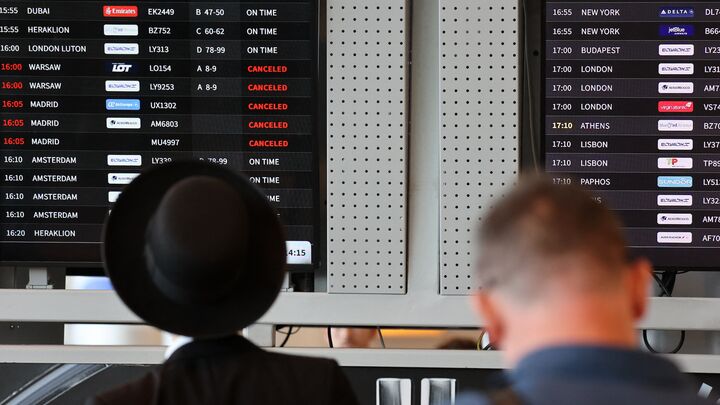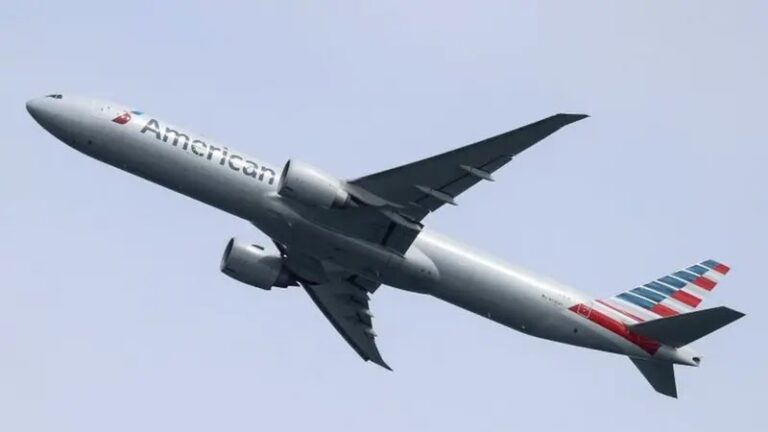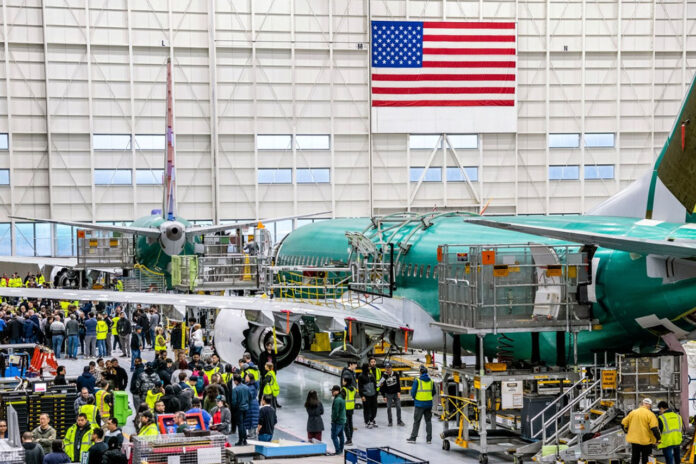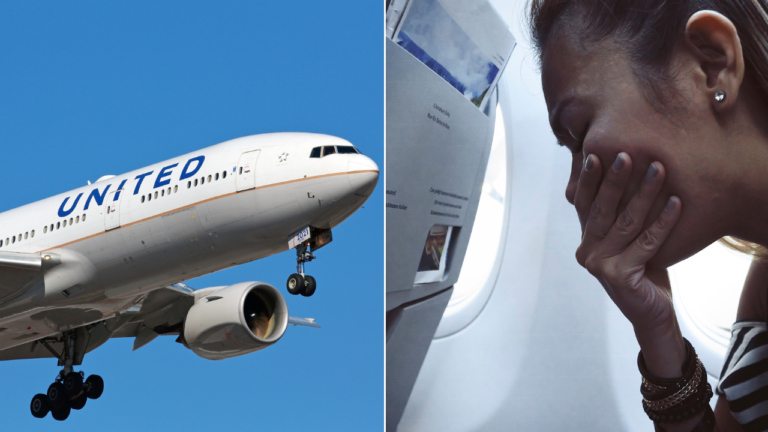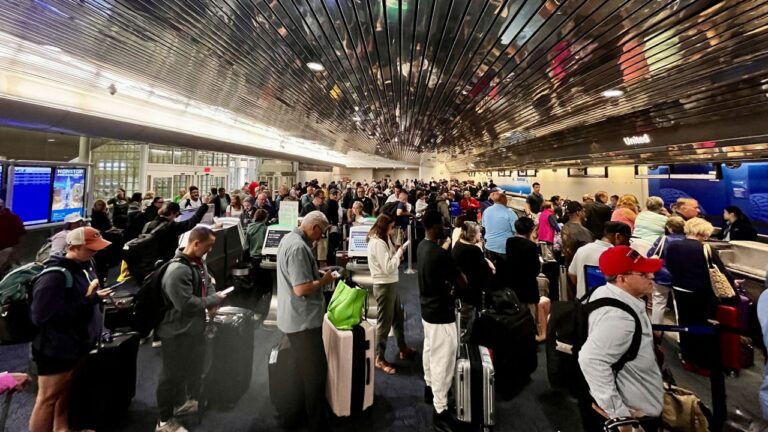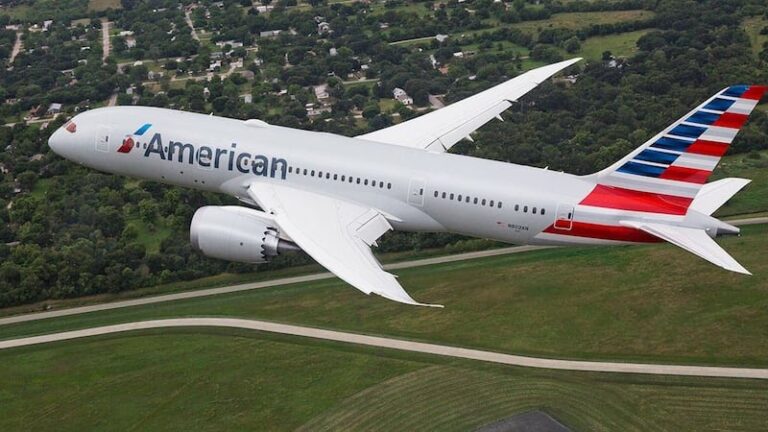American Airlines Wants To Resolve The Case Of The Missing passenger’s luggage
“We don’t need Nancy Drew to determine where the $1.5 billion went,” Tajer said.
Speaking on American’s second-quarter earnings call, CEO Robert Isom sought to explain the carrier’s earnings shortfall. He listed two reasons: the excess capacity that has plagued the industry and the failed effort to gain direct corporate bookings by discouraging bookings through third-party sites and travel agencies.
This was to be accomplished by limiting frequent flyer miles and gutting the sales department. Rolled out in 2023, the strategy was scrapped in 2024 and chief proponent Vasu Raja was let go.
Isom quantified the loss as “three-quarters of a billion impact in the first six months” and “Assume that is what happens in the back half.” Later, he referred to the amount as “rich revenue,” much of which flows directly into income. He said it will come back, noting: “We’ll see the benefit of new agreements with travel managers and agencies in the coming months.”Isom noted that he spends time trying to regain the lost share. “We are renegotiating our agency contracts right now and reaching out to our corporates,” he said. “I have spoken to 30 counterparts at our largest corporate customers.”
Overall bookings through agency and business channels totaled $14 billion in 2023, Isom said. America’s 2023 revenue totaled $53 billion.
In a report issued Thursday, J.P. Morgan analyst Jamie Baker said “American’s large corporate managed revenue was up just 3%, compared to UAL’s ‘large corporate road warrior’ up 11% YOY, albeit these numbers may not be apples to apples.” Delta did not break out its corporate revenue gain. On the United call last week, Baker asked Andrew Nocella, United’s chief commercial officer, whether United had benefitted. Baker said “American is still in the early innings of back paddling on some, not all, but some of the distribution and corporate contract revisions that they made last year,” and asked about the impact on United.
“We don’t believe there was a sudden material or a significant windfall to United when America attempted to disintermediate travel agencies and force companies to book direct,” Nocella said. “So I don’t think there’ll be a windfall as American flip flops again to this side.“We’ve maintained long-term partnerships with our agencies and corporate partners,” he said. “And what we did during this period is we made sure that we put in long-term arrangements to gain long-term market share and make the corporations and the travel agencies more sticky to United.”
Six months earlier, on United’s first quarter earnings call, CEO Scott Kirby was also asked about American’s move. He said the impact was small. “If you looked at the margin gap between Delta and United on the one hand and American on the other, it’s a single-digit percentage of that,” Kirby said.
As for Delta, President Glen Hauenstein was asked on the fourth quarter earnings call in January whether there had been an impact from keeping its fares available in traditional channels. He responded, “Clearly, we think our strategy is more customer-friendly and I’m sure that’s part of it,” referring to an increase in Delta’s corporate business share in 2023.
Asked why other carriers haven’t directly attributed their gains to America’s shortcomings, Tajer said, “What that says is that their improvement is just based on their unique performance. “

